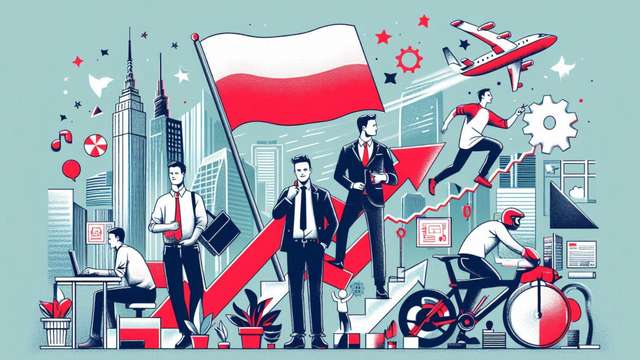
This year, the world has experienced unprecedented disruptions in most industries. Companies had to adapt their activities to modern needs. Huge segments of the workforce have shifted to remote work, and many companies have had to adopt digital strategies faster than they thought possible. By adapting to these changes, it became clear that the business world would never be the same. Therefore, policymakers have many solutions to how operations should change for the better.
Table of Contents
Here are some ways that manufacturers and distributors can transform their operations in the near future.
Remote work
According to a study by the Center for Economic and Business Research (Cebr), remote working can unlock innovation, engage customers, and even allow employees to use their time more productively with the right tools and technology. Seeing the positive impact of remote workforce, Facebook joined Twitter in May announcing that workers can work from home permanently. Today, many companies will adopt remote work as a long-term approach. In fact, according to a recent study by Cisco AppDynamics, 86 percent of respondents believe remote working tools and technologies will continue to be used. With the ability of the workforce to work anytime and anywhere, the world may soon see a move away from centralization. Companies will operate efficiently from multiple locations and traditional urban planning will be significantly changed.
Consumers will make decisions based on needs, not desires
Today's pandemic may result in a rationalization of choice in which consumers will make purchasing decisions based on need, not willingness. For now, manufacturers will have to move away from bespoke services and offer much less choice to achieve higher production volumes to optimize costs. Personalization will be back in due course.
The rise of the automation age is inevitable
The rise of the age of automation is inevitable but sustaining industry jobs is still a factor of consideration, with manual jobs making up half of the manufacturing workforce. According to the World Economic Forum, despite the large number of jobs at risk of automation, job losses may not be as severe as manufacturers initially believed. The key to this balance is to upgrade the skills of the workforce in preparation for the future.
Supply chain reassessment
The supply chain has faced a number of short-term challenges over the past few months. For example, there has been an increase in import / export restrictions as well as the closure of distribution channels such as ports. This especially affects global suppliers such as China. As a result, a linear supply chain turns into an extended network of stakeholders. Manufacturers are actively looking for ways to diversify their supply chains and reduce dependence on any country or supplier. A trend that may emerge is reshoring, or "bringing home" offshore production. This may create a stronger local supply chain, but will most likely increase production costs and ultimately lead to higher prices for consumers, but has a number of material benefits.
Reinvention will continue to open up new opportunities.
Manufacturers have traditionally been asset intensive for the likelihood of return. However, during the pandemic, we saw an increase in additive production. Around the world, hundreds of 3D printer manufacturers rose to the occasion by printing much-needed fans, personal protective equipment and masks. Going further, many manufacturers may adopt additive manufacturing or on-demand manufacturing as a whole new way of operating. Technology like ERP can help manufacturers meet these tipping points by providing systems and platforms that address the greatest areas of impact; remote sharing, implementation and automation of business systems to support purchasing and changes in procurement policy, distribution, execution time planning, analysis providing real-time data to improve decision making.
source: automationmag






